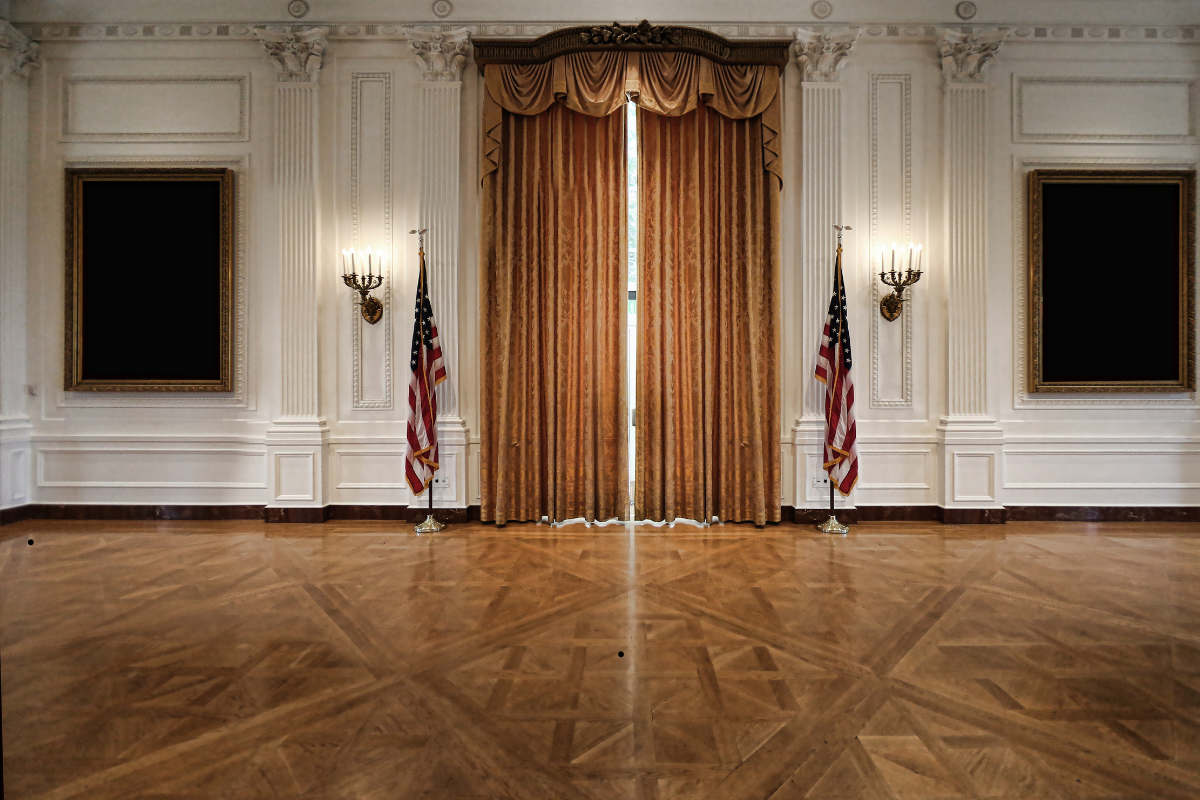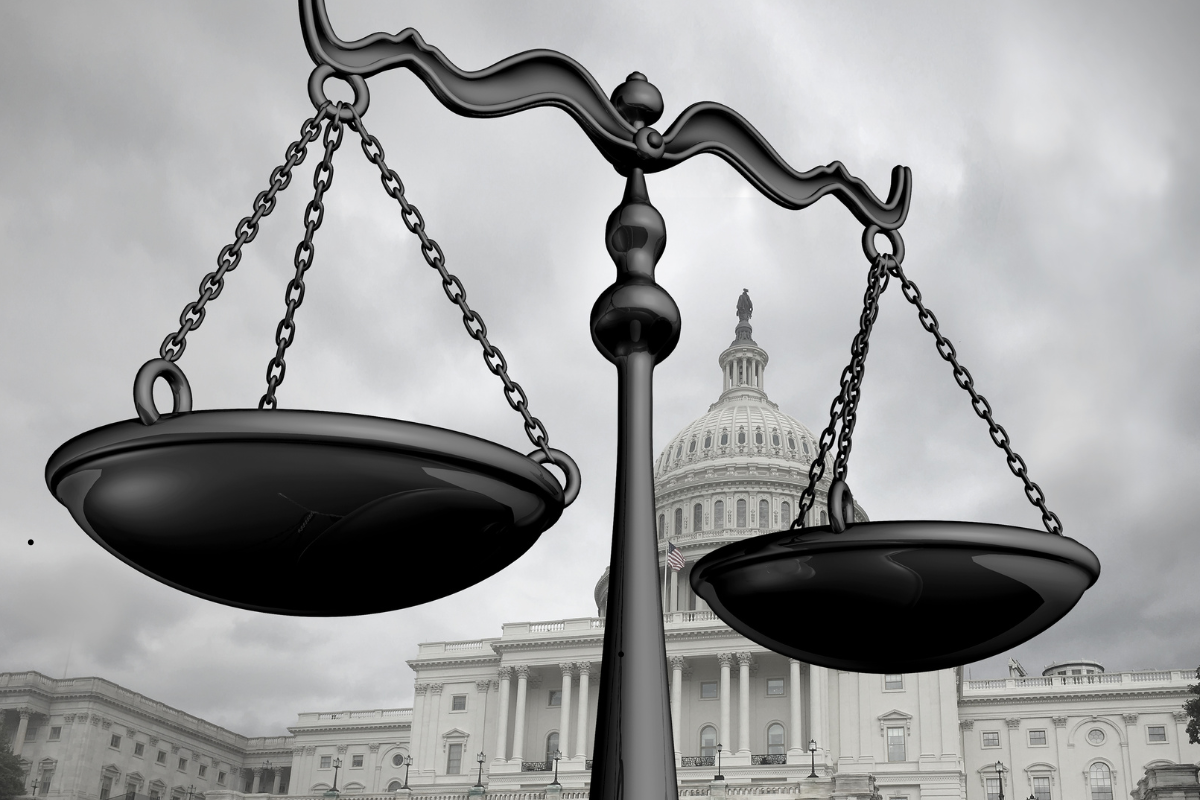Federalist 58
In October of 1774 the Irish statesman and philosopher Edmund Burke gave a speech to the electors at Bristol, attempting to delineate for them the nature of their jobs as elected representatives. The speech has since been a kind of template for political thinkers to help us see representation as acting in one of two ways: the representative either funnels accurately and faithfully the views of his constituents into the national assembly or was elected to exercise mature and sound judgment.
Burke unequivocally endorsed the latter view. A national legislature dealt with national issues, so once elected the representative had to put “local prejudices” and “local purposes” behind so as to stay solely focused on “the general good.” Legislation should not revolve around a clash of interests but instead thoughtful deliberation. This meant that representation involved not advocacy but prudence.
“Certainly, gentlemen, it ought to be the happiness and glory of a representative to live in the strictest union, the closest correspondence, and the most unreserved communication with his constituents. Their wishes ought to have great weight with him; their opinion, high respect; their business, unremitted attention. It is his duty to sacrifice his repose, his pleasures, his satisfactions, to theirs; and above all, ever, and in all cases, to prefer their interest to his own. But his unbiassed opinion, his mature judgment, his enlightened conscience, he ought not to sacrifice to you, to any man, or to any set of men living. These he does not derive from your pleasure; no, nor from the law and the constitution. They are a trust from Providence, for the abuse of which he is deeply answerable. Your representative owes you, not his industry only, but his judgment; and he betrays, instead of serving you, if he sacrifices it to your opinion.” [Emphasis added.]
We often forget about the importance of “disinterestedness” in public affairs: that is, that just and proper outcomes require some principled actor who operates without prejudice or interest. For example, we expect judges to operate in such a manner, and if a judge does have an interest, financial or otherwise, in the outcome of a case, we would expect that judge3 to recuse herself. Certainly it would be nice if our assemblies were occupied by persons who could put aside their interests and repeatedly exercise mature judgment, but this is not to be counted on.
Nor, I have argued in prior essays, is “interest” a pejorative. A parent favoring the interests of her child over that of other people’s children is hardly a moral monster. Likewise, a representative favoring the interests of his constituents over those of someone else’s constituents may well be thought of as simply “doing his job.” For many Anti-federalists any erosion of that link would simply substitute a foreign set of interests for the ones that led to the representative’s election in the first place.
While Publius didn’t bring Burke’s distinction to the analysis of representation in the House it is very much in the background. The issue of the number of representatives in the House had to be related, by necessity, to the question of what representatives were expected to do. That question, in turn, hinged on how one saw the relationship between the parts and the whole within the federal system. The national congress was surely designed to deal exclusively with national issues, but our system of representation did not assume a national point of view. The Anti-federalists may have found much to object to in Burke’s dismissal of local prejudices and interests having any dispositive role in national deliberations. Any policy would necessarily entail some sort of distribution of costs and benefits, and if one part of the country was bearing high costs and enjoying few benefits, that could hardly be thought of as departing from Burke’s insistence on deliberation. Indeed, Burke’s insistence that Parliament was a deliberative assembly focused on the needs of one nation conflicted both with the principles of federalism and with Madison’s insistence in Federalist 10 that politics always involved clashing interests while reminding us that enlightened statesman would not always be at the helm.
Federalist 58 is the final one where Madison deals with the problem of representation in the House. I’ve discussed earlier how the convention settled on the 1:30,000 number and regarded anything where that proportion would disfavor constituents as unacceptable. Under The Articles of Confederation each state had one vote, so the problem of ratios never received debate. Once the number of people would determine the number of representatives, however, the debate shifted significantly. Those who had previously not thought that population should form a basis for representation now believed that the Constitution didn’t provide for enough. More than that, however, they worried that it wouldn’t provide for enough growth in the number of representatives to maintain the ironclad guarantee of the 1:30,000 number.
In this essay Madison defended the ratio and also held it as sacrosanct, meaning even he would be alarmed at our current 1:800,000 ratio, justifying the fears of the critics. His alarm, however, would no doubt be mitigated by the fact that he argued that malapportionment in terms of constituent ratios was much to be favored over the House becoming too large an assembly.
The first part of his argument concerned the balance between the House and the Senate. Since the Senate — every state having the same number of senators — favored the interests of the smaller states it only made sense for the House to favor the interests of the larger ones (thus indicating that he understood Congress to be largely a device for resolving conflicting interests and not deliberating over an overarching “good”). New states would experience the most rapid population growth and therefore would also favor constant growth in the size of the House. One could count on the larger states to advocate for increasing the number of representatives as it would always be in their interest to do so.
While on the one hand Madison expressed confidence the House would continue to grow in size, on the other hand he worried about what such growth portended. Madison’s clear concerns about mob mentality and demagoguery come out in this argument. Madison believed it was in part a matter of simple math: large assemblies being unwieldy they required a few men to impose order upon them. So while on the one hand large assemblies seemed more democratic, they in fact became more oligarchic. Because unwieldy assemblies were also chaotic the members would tend to fall under the sway not of prudent leaders but of demagogues within the assembly itself. “Ignorance,” he worried, “[would] be the dupe of cunning, and passion the slave of sophistry and declamation. The people can never err more than in supposing that by multiplying their representatives beyond a certain limit, they strengthen the barrier against the government of a few.”
That’s a strong claim and the anti-democratic sentiment strikes one immediately. Neither does the math completely hold up, drawing attention to Madison’s earlier argument that there is no determinate ratio we can depend on. Madison attempted to provide us with the minimum standard, one that might have been familiar to Burke: so long as there were a sufficient number to insure the safety of society, that all local interests had a say (keeping in mind that Congressional districts were not on order), and that what he called a “diffusive sympathy with the whole society” (and while I’m not quite sure what that means I suspect it’s something close to Burke’s idea of a “good of the nation”), then any addition beyond that would counteract the republican principle animating the Constitutional design. It might mean that the Congress would be more democratic but it would be less republican, a fate not to be cherished.
There would be another way to handle over-stuffed assemblies and that would be to insist on super-majorities for the passage of legislation, an idea favored by critics especially when it came to military spending. Madison rejected this idea as well, arguing that it would supplant the fundamental principle of majority rule with minority rule. Here, too, Madison argued against his prior suspicions of majority rule, and in the process identifies one of the central dilemmas of democratic polities: what principle could be substituted for majority rule, given that majorities are capable of great injustices? We would find it difficult within groups to adjudicate disputes by any other principle than majority rule, so how might we maintain it while also restrain it becomes a central problem of democratic life.
Director of the Ford Leadership Forum, Gerald R. Ford Presidential Foundation
Related Essays




